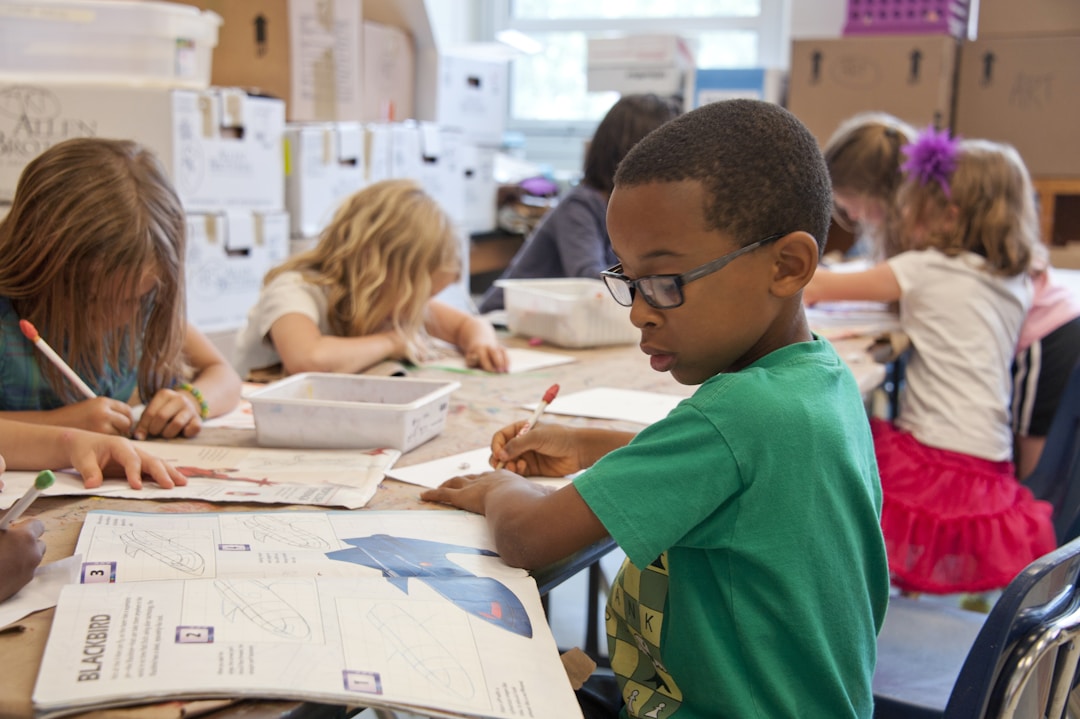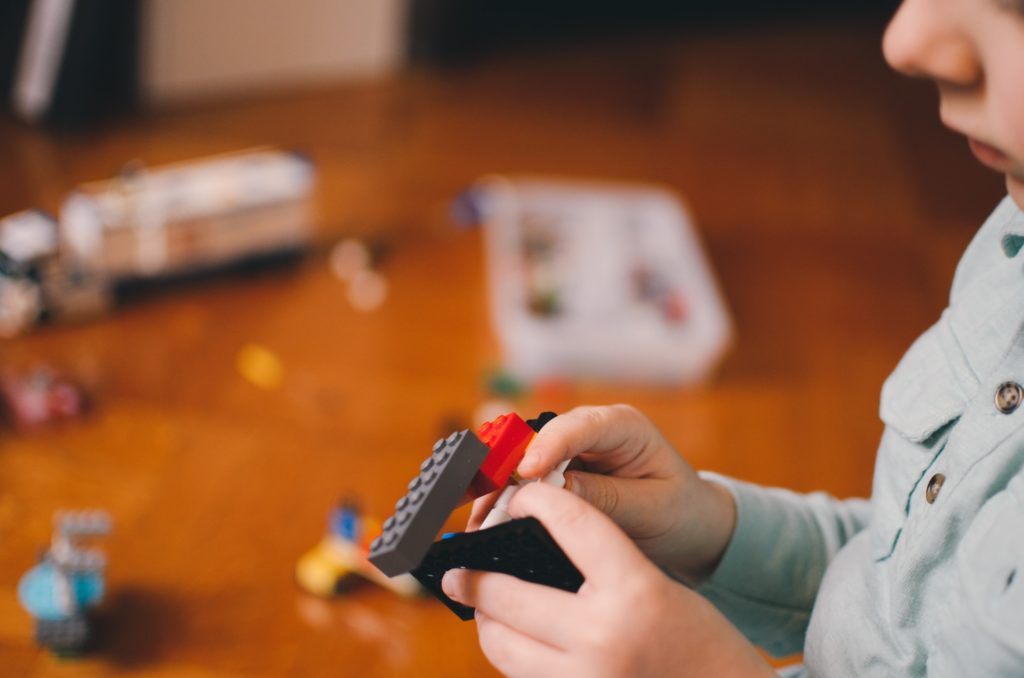Kids are no different from adults in many ways. For starters, they’re just as human. They go through ups and downs as an adult does. Sadly, they can also suffer from depression, anxiety disorders, and other types of mental illness. For this reason, child psychologists and therapists work with kids in play therapy, group sessions, family counseling, and more when kids get down. If your child is experiencing mental health challenges and has suffered a loss, here are a few things you can do to help.
Reaching Out for Professional Health

Psychologists have come a long way in recent years when it comes to mental health problems for kids and adolescents. From children’s mental health programs in early childhood to serious problems often seen in adolescents, psychologists and other clinicians can offer a variety of services if your child’s behavior or moods have you concerned. While some mood swings and behavior changes in kids and adolescents are normal as they navigate stages of development, other behavioral problems could indicate signs of a mental health disorder, like bipolar disorder, anxiety disorders, or attention deficit hyperactivity disorder (ADHD). For this reason, it’s important to reach out for help if you suspect your child is struggling. If they’ve suffered a loss, this is even more important.
Psychologists and psychiatrists are trained to screen for autism, mental illnesses, and serious challenges in kids or adolescents of all ages. In the United States, behavioral health programs work toward helping you and your child cope with stress and tackle medication concerns and questions. Getting your child connected to health professionals early on is a great way to not only advocate for them but to keep them on track as they move towards adulthood.
You can find a mental health professional by talking to your child’s pediatrician, calling 211, asking the school guidance counselor or nurse, or doing a Google search for ‘children mental disorders‘ or ‘childhood psychologists and loss’ in your area. Psychologists will see children as young as three and work with them in age-appropriate ways to navigate early signs of mental health issues as well as the grieving process. They can also arrange to meet with your child at school and work with family members to navigate any mental illness or challenges.
Communicating with Schools

Working with the school guidance department and being transparent with your child’s teacher is important. You are your child’s best advocate so any information you share with the school will be important. Your child adolescent is far from the only kid in therapy and teachers understand the importance of mental wellness in children when it comes to their ability to do their best learning. The best way to help your child at school is to keep those lines of communication open.
The same way you would put research into viatical settlements if the person your family has lost had a terminal illness, you’ll want to do some homework on children and grieving. In fact, if someone you love worked with a viatical company to sell their life insurance policy due to a terminal illness, you might consider discussing this process with an adolescent. Of course, this conversation isn’t appropriate for young children, but children with more years of age will be able to understand the power of making a decision about how to spend the lump sum payout from the sale of a life insurance policy. Understanding the process of a viatical settlement or life settlement may help aid with your adolescent’s acceptance. Ask educators and guidance counselors for recommendations on reading materials geared toward children and loss to open up honest conversations with the child you love.
Listening to Your Child

The first step in helping your child with loss is by being an active listener. By being open to their fears and concerns along the way, they’ll be more likely to trust you to navigate therapists, psychotherapy, and other clinicians who work with them. Whether your child is in a short-term crisis phase or struggling with a mental disorder, like bulimia, PTSD, or bipolar disorder, they need to know you love them unconditionally, will advocate for them, and are with them in their journey toward feeling better. Be there to reassure them, answer questions as honestly as you can, based on age appropriateness, and, most importantly, back up your words with action. Encourage them to share memories, experiences, and create tributes for whomever they’ve lost, too.
Watching your child struggle with sadness, depression, a traumatic event, or any type of mental disorder issue is hard. Speak to your insurance company about coverage for grief counseling. After all, this is a traumatic event for you as well. You might want to also consider getting a grief therapist for yourself. The healthier you are, the better position you’ll be in to help navigate your child’s behavior.


